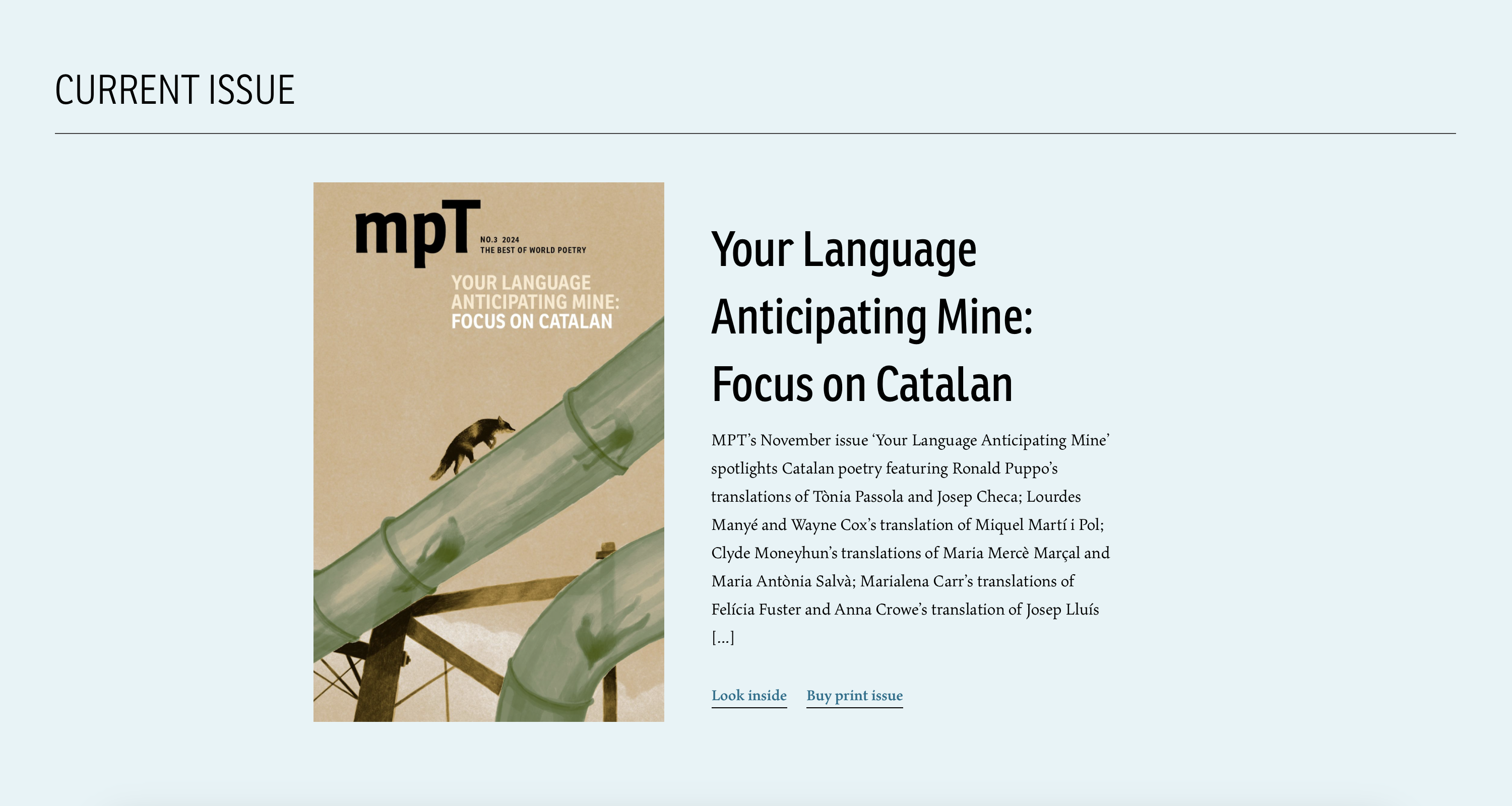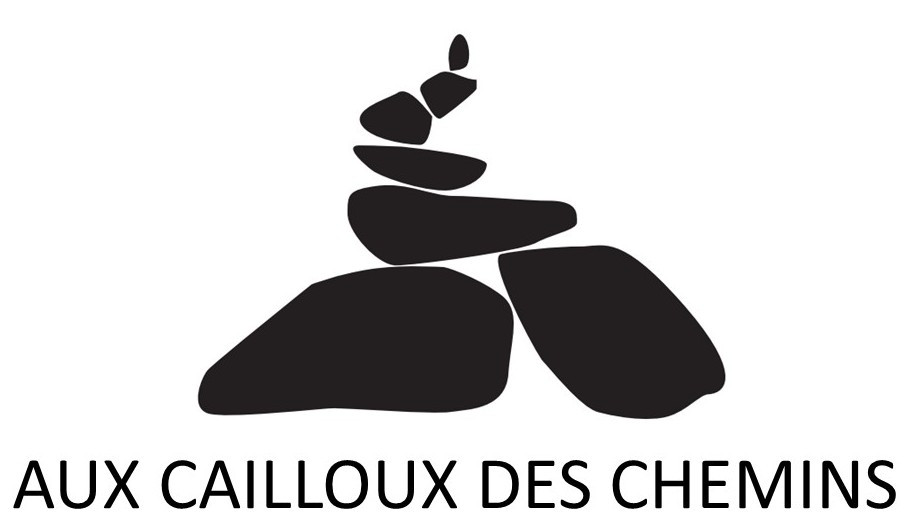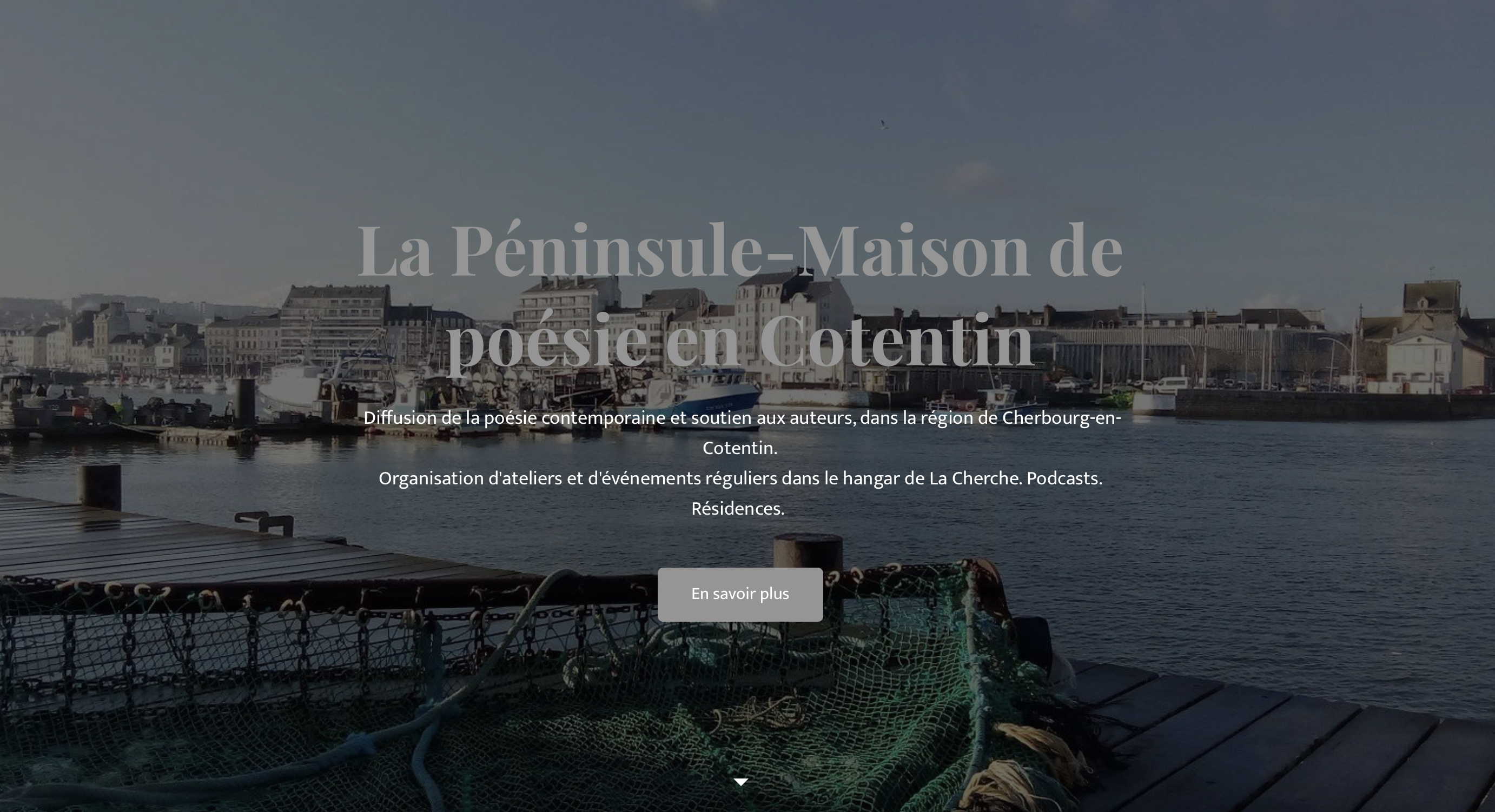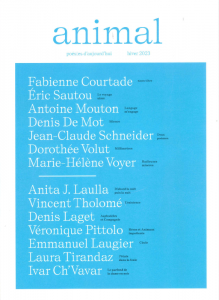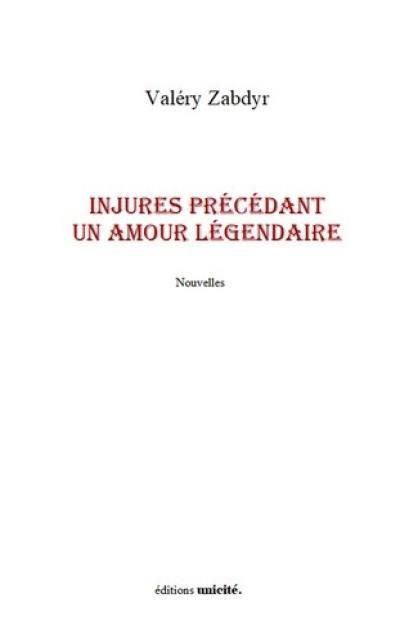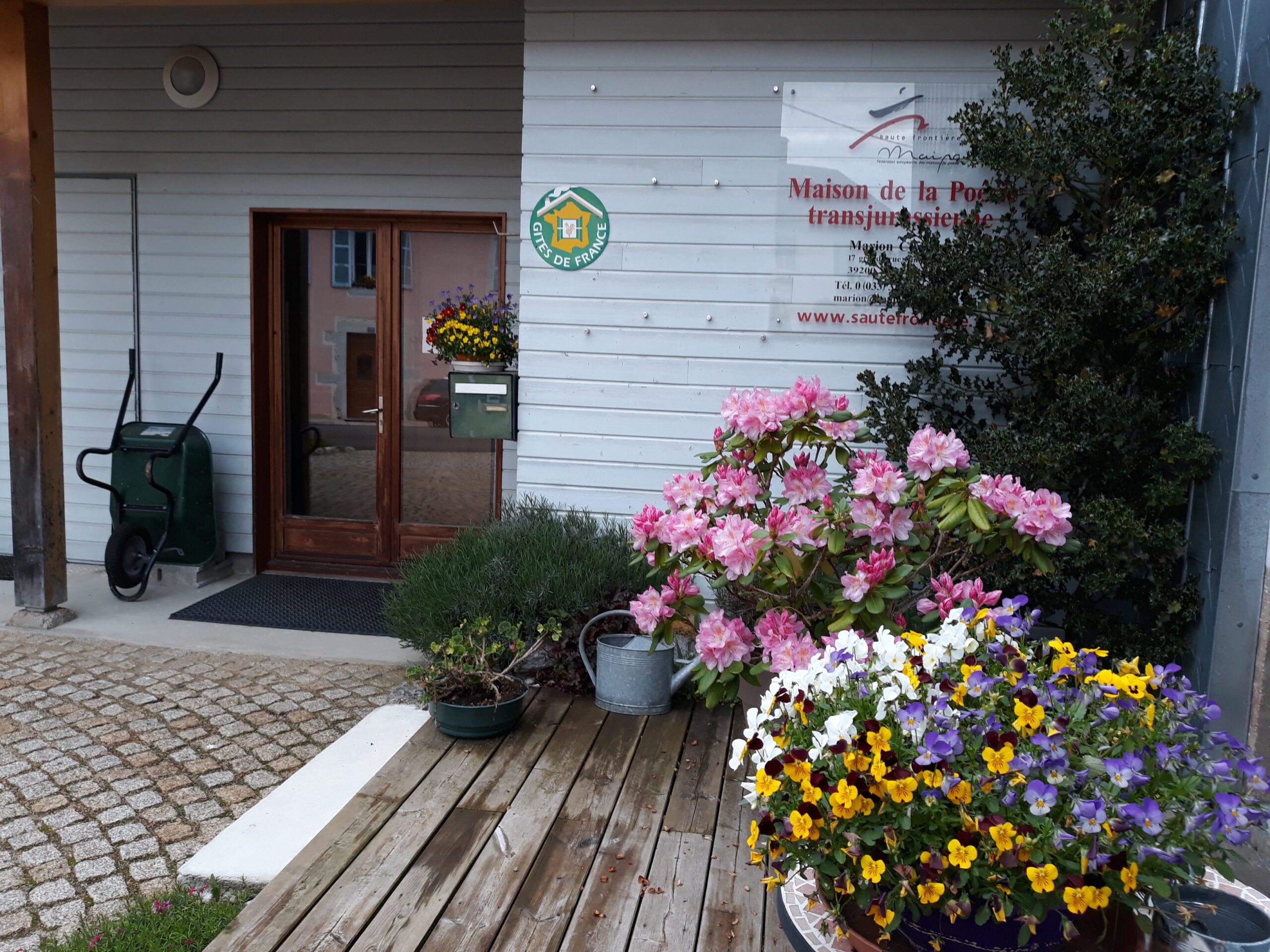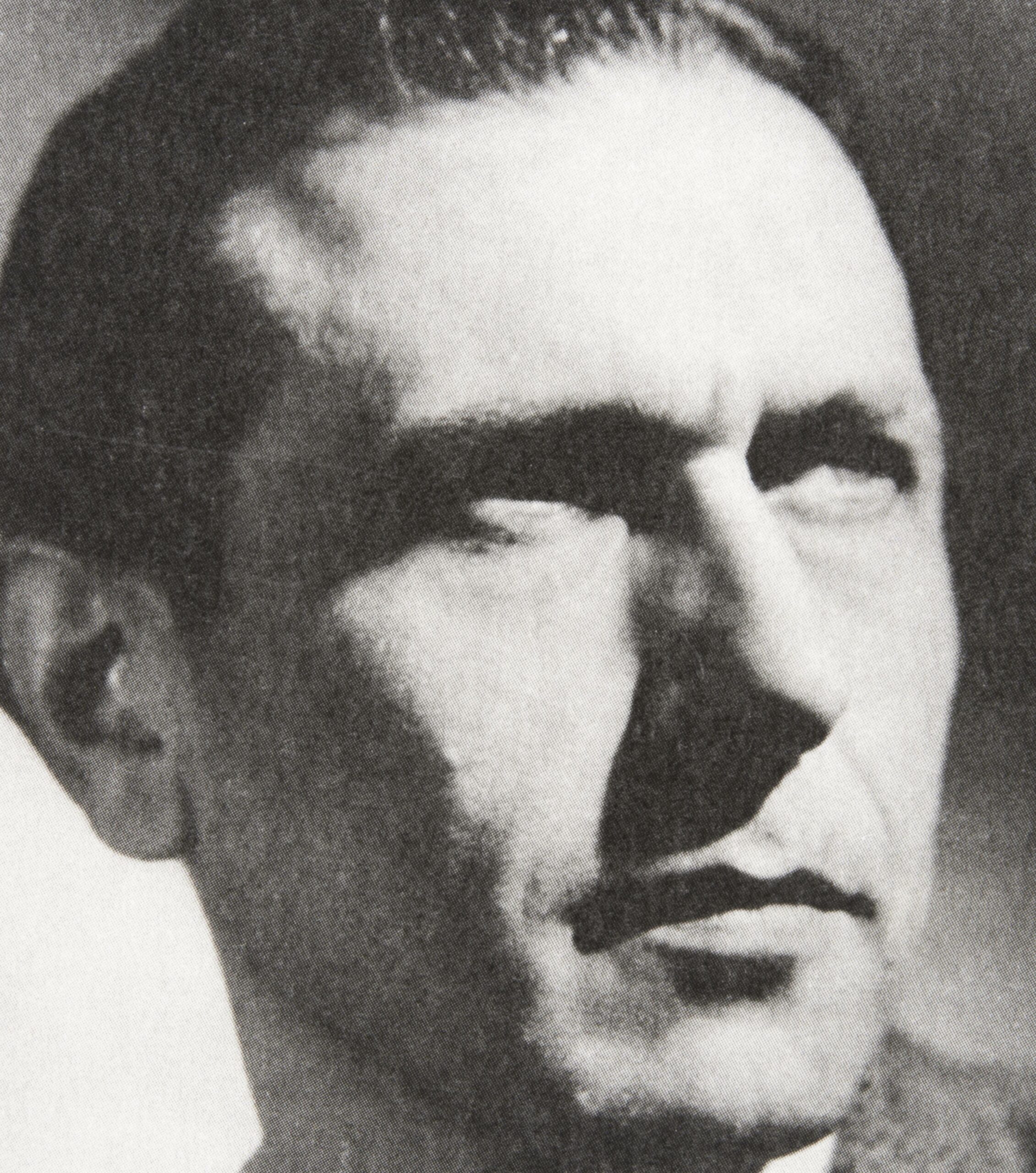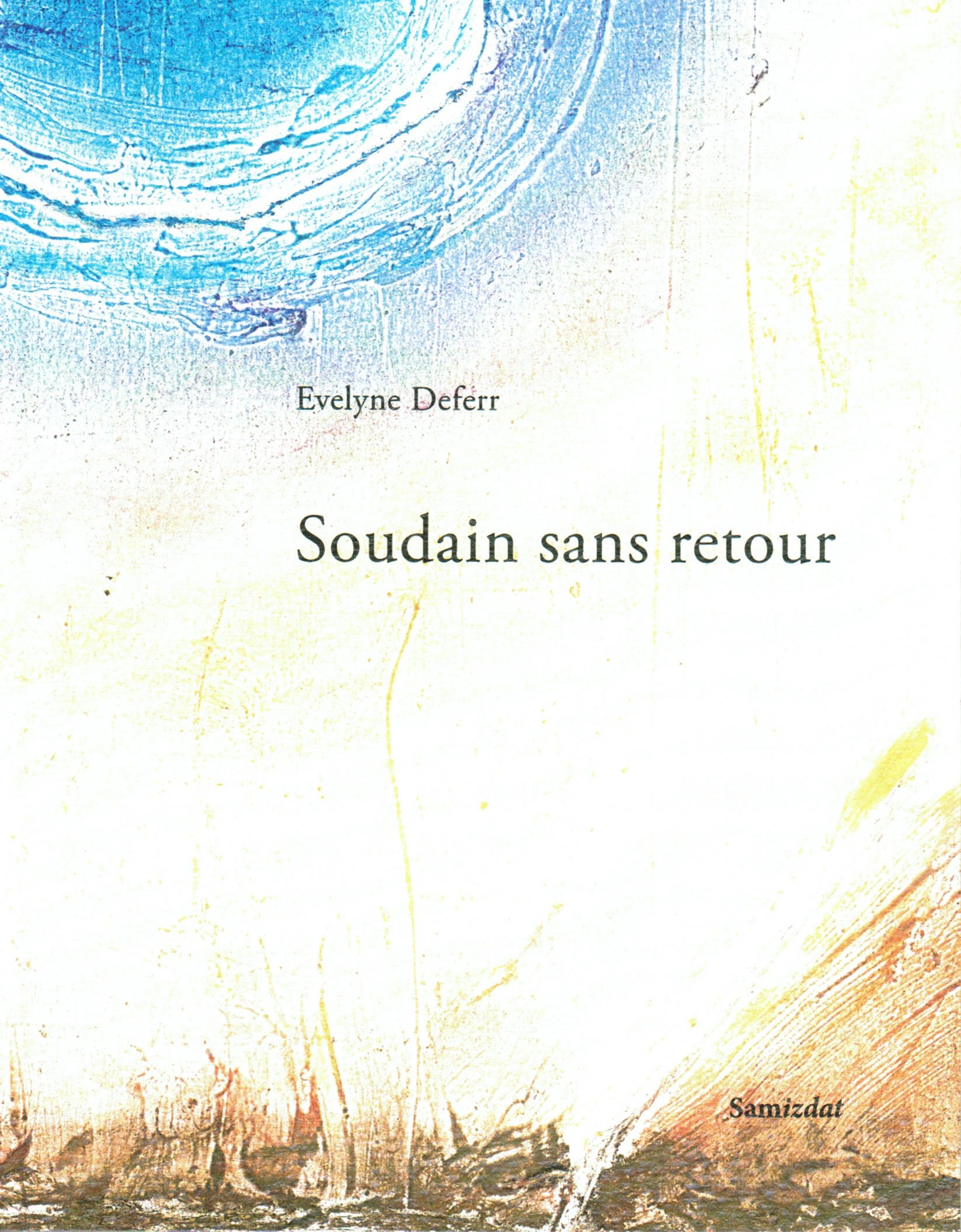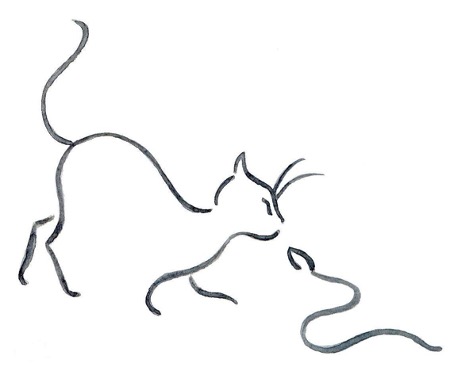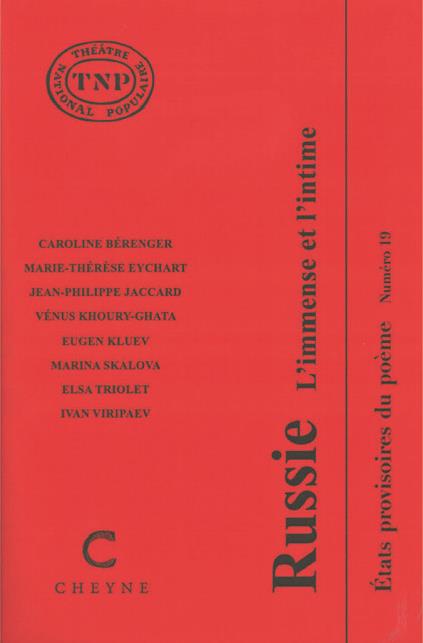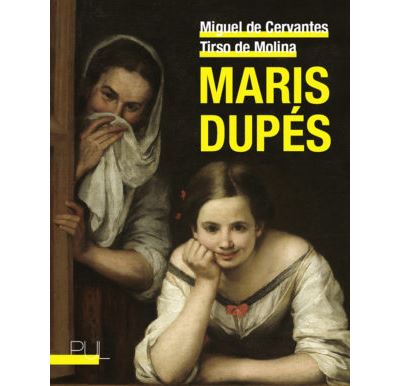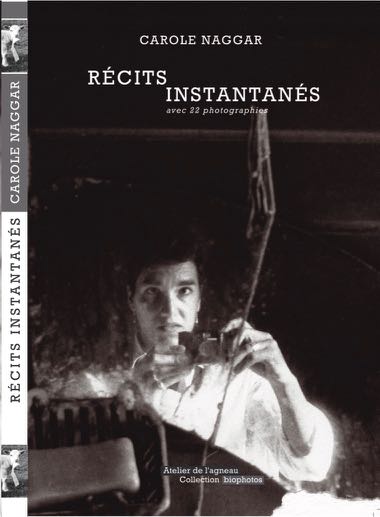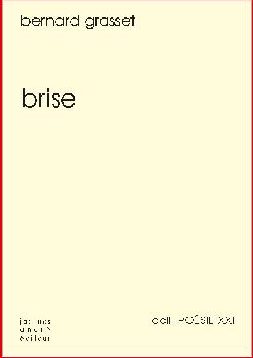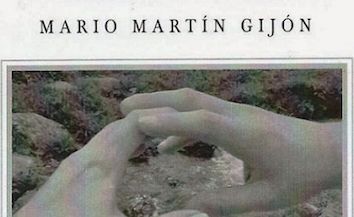J’ai couché les feux
de mon corps
pour en faire une flamme infime mais vivace,
ici dans la cuisine
où la pâte à pain mène sa vie,
respire sous son linge humide
comme un enfant qui dort;
où, réel, l’enfant joue sous la table,
faisant de la table une tente,
s’exerçant aux départs; où un frêle
oiseau brun qu’éblouit la lumière
est rentré dans la vitre en volant
et reste étourdi sur le carrelage-
elle ne fut jamais simple, même pour les oiseaux,
cette affaire de nids.
Les yeux innocents ne voient rien, dit Auden,
répétant ce que le serpent dit à Eve,
ce qu’Eve dit à Adam, fatiguée des jardins,
désirant vivre pleinement la vie.
Mais la passion arrive comme un accident.
Je pouvais laisser la pâte déborder
du bol, négligeant de l’y tasser,
négligeant l’enfant qui attend sous la table,
le visage déjà barbouillé de douces larmes.
Tel est notre aventureux devenir.
Aujourd’hui je me sens plus sage que l’oiseau.
Je sais que la fenêtre m’empêche de sortir,
que lorsque je l’ouvrirai
les parfums du jardin me rendront nerveuse.
Et j’ai couché les feux de mon corps
pour en faire une infime flamme domestique à laquelle
d’autres se réchaufferont les mains un instant.
Traduction de Raymond Farina
Meditation by the stove
I have banked the fires
of my body
into a small but steady blaze,
here in the kitchen
where the dough has a life of its own,
breathing under its damp cloth
like a sleeping child;
where the real child plays under the table,
pretending the tablecloth is a tent,
practicing departures; where a dim
brown bird dazzled by light
has flown into the windowpane
and lies stunned on the pavement-
it was never simple, even for birds,
this business of nests.
The innocent eye sees nothing, Auden says,
repeating what the snake told Eve,
what Eve told Adam, tired of gardens,
wanting the fully lived life.
But passion happens like an accident.
I could let the dough spill over the rim
of the bowl, neglecting to punch it down,
neglecting the child who waits under the table,
the mild tears already smudging her eyes.
We grow in such haphazard ways.
Today I feel wiser than the bird.
I know the window shuts me in,
that when I open it
the garden smells will make me restless.
And I have banked the fires of my body
into a small domestic flame for others
to warm their hands on for a while.


